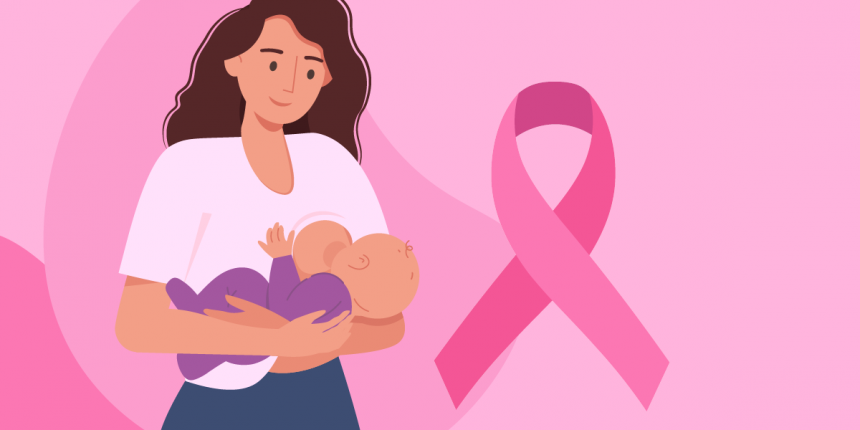Laurel Post always had a strong desire to breastfeed her son for at least two years. However, her plans were disrupted when she was diagnosed with an aggressive form of breast cancer after 15 months. Despite this setback, many women facing breast cancer have found ways to adapt and adjust their plans for breastfeeding.
Breastfeeding during and after breast cancer treatment may require some modifications, but it is still possible in many cases. It is important to work closely with your medical team and a lactation consultant to create a personalized plan that suits your specific situation.
If you are undergoing surgery for breast cancer, you may be able to pump and store breast milk before the procedure and resume breastfeeding once you have healed. However, some medications used during treatment may pass into breast milk, so it’s important to consult with your healthcare team.
Chemotherapy and hormone-blocking drugs may affect your ability to breastfeed, but there are ways to manage your milk supply and resume nursing after treatment. Radiation therapy may also have an impact on breastfeeding, but there are strategies to address any challenges that may arise.
While the fear of cancer recurrence is a common concern among survivors, there is no evidence that breastfeeding will cause cancer to return. It’s essential to prioritize your health and well-being, and remember that “fed is best.” Whether you choose to breastfeed or opt for formula feeding, your baby will thrive with your love and care.





